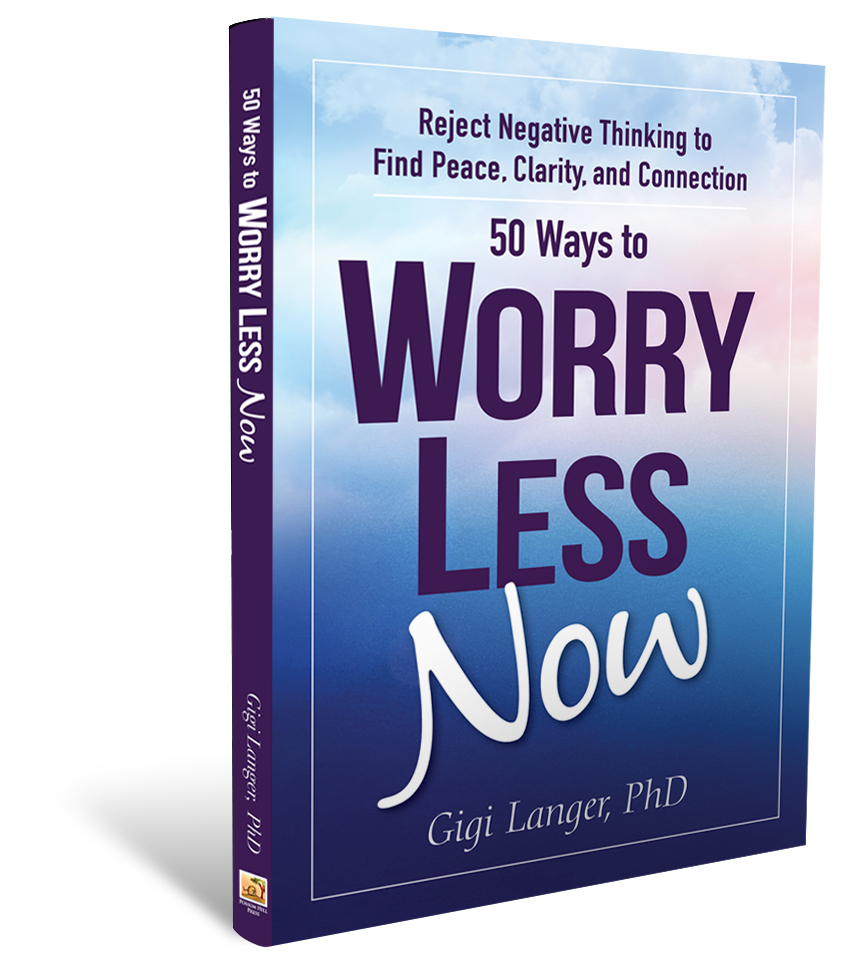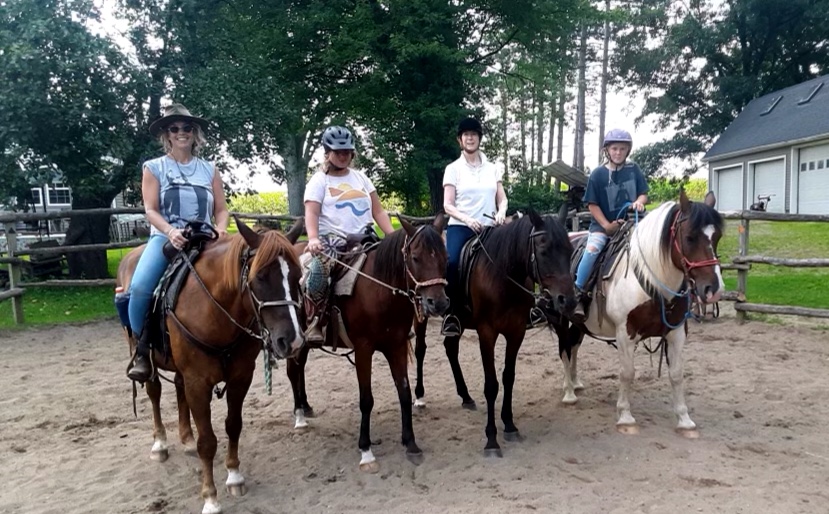
What do we want? At the most basic level, we all want to be loved. We want to feel safe, accepted and cared for. Many of us spend our entire lives in a headlong search for these basics, only to fail in our quest. Likely, it’s because we’ve had it backwards: We can only receive for ourselves what we give to others.
If we want loving care for ourselves, then why is it so hard to give it to others? One answer: the fearful self (ego) perceives a limited amount of love in the world, and believes if we give it away, we’ll lose it forever. But the opposite is true: in the world of our spiritual selves, love is unlimited; in fact it only grows when we give it away. But so often we don’t.
Resistance to Love
Have you ever found yourself thinking of calling someone, and then withholding it or putting it off? I do. Often! Love’s voice might sound like this: You should call ____; they could use some support. Then ego closes my heart and whispers, You don’t have time, or They don’t really need your call. The excuses proliferate: You might be disturbing them. Why would they want to talk to you anyway?
What’s up with that? Well, somewhere deep in my shadow, I’m resisting caring for that person, based on something they either did or didn’t do. Or they might remind me of some painful situation, and my fear-filled thoughts get so loud they distract me from taking loving action.
When we give in to such resentments, we unwittingly cut off love for ourselves—the exact thing we’ve been searching for! We just can’t receive what we’re unable to give. (Although, in recovery and spiritual communities, the generous love given to us often melts our resistance.)
Learning to Open Our Hearts
Learning to give and receive love heals the patterns that have sabotaged our past relationships. This journey requires a few commitments: Abstaining from numbing our feelings with romance, food, alcohol, or other mind-altering substances; joining regularly with people who are growing out of self-centered fear and into their open-hearted selves; and finally, doing the work by using many daily tools to replace our negativity with love—for God, ourselves, and everyone else.
For me, the Twelve Steps, therapy, and my Course in Miracles study groups have totally transformed my life. Although I may sometimes resist my heart’s call to give love, I notice this, ask my higher power to reshape my negative thoughts, and move forward with love and care.
Although it’s a joy to live this way, I must admit, I don’t follow my own advice every minute of every day. For example, I’d rather be writing this than reaching out to my sister. I think I’ll call her now! (I just did, and it was a wonderful conversation!)
When we give open-hearted love to others, they can offer it to another, who then opens their heart to another, and so on. It’s a beautiful chain of light that begins when we reject our self-centered fear and choose to love instead.
I WOULD LOVE TO HEAR FROM YOU:
HOW DO YOU OPEN YOUR HEART TO OTHERS? WHAT HAS HELPED YOU GIVE AND RECEIVE LOVE?

Gigi Langer has been sober 35 years, and holds a PhD in Psychological Studies in Education from Stanford University. Formerly crowned the “Queen of Worry,” Gigi resigned her post many years ago and now lives happily in Florida with her husband, Peter and her cat Murphy.

Gigi’s award-winning book, 50 Ways to Worry Less Now, describes how to correct the faulty thinking leading to addiction, dysfunctional relationships, perfectionism, and worry about loved ones. Check out the practical directions, personal stories, and other helpful growth tools. Amazon: 4.8 stars (Buy Discounted, personally signed Paperback with free Workbook PDF HERE)








